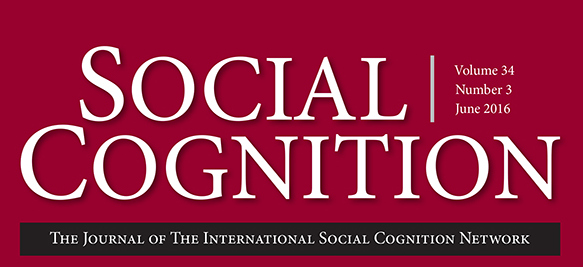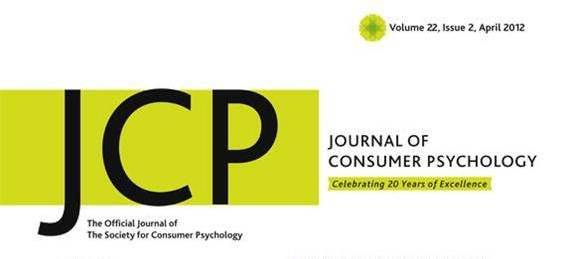Universal Dimensions of Social Cognition: Warmth & Competence

 Susan T. Fiske, Princeton University
Susan T. Fiske, Princeton University
Amy J.C. Cuddy, Northwestern University
Peter Glick, Lawrence University
Like all perception, social perception reflects evolutionary pressures. In encounters with conspecifics, social animals must determine, immediately, whether the ‘other’ is friend or foe (i.e. intends good or ill) and, then, whether the ‘other’ has the ability to enact those intentions. New data confirm these two universal dimensions of social cognition: warmth and competence. Promoting survival, these dimensions provide fundamental social structural answers about competition and status.
People perceived as warm and competent elicit uniformly positive emotions and behavior, whereas those perceived as lacking warmth and competence elicit uniform negativity. People classified as high on one dimension and low on the other elicit predictable, ambivalent affective and behavioral reactions. These universal dimensions explain both interpersonal and intergroup social cognition.











